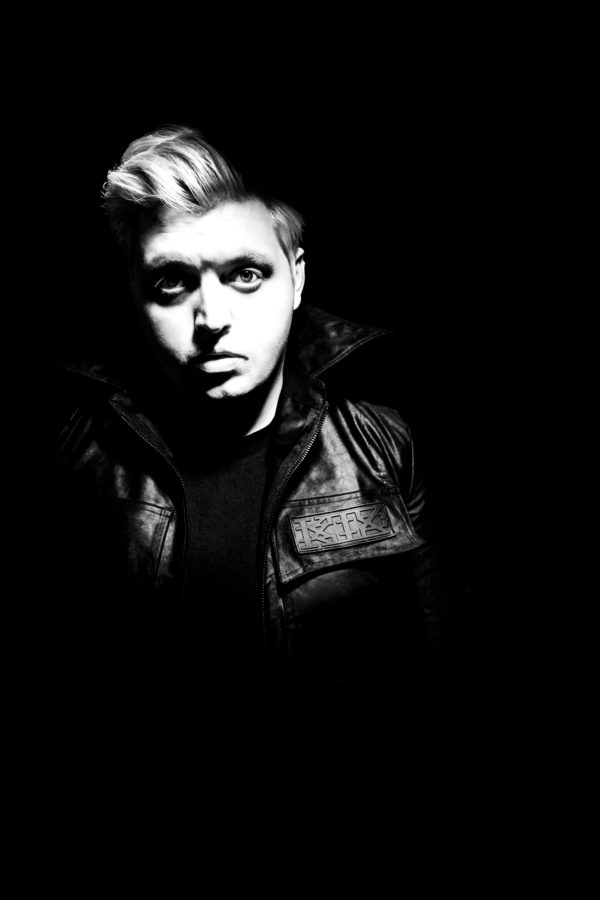“What drew me to the sound of dubstep that I love and still love is the punk attitude of it,” said the EDM artist Flux Pavilion. Writing music was something he’d always done for fun from a young age, so naturally it evolved into his becoming a DJ, hosting and performing at open mics in college. The drums and bass aspect of dubstep was alluring to him because it had a dark, underground, angry vibe to it.
In an industry that puts an emphasis on fitting into a particular category or tailoring music to suit what has already been done, Flux took a different approach. His artistic choices are based on whether he’s having fun, not necessarily caring if it will be good for his career. “That doesn’t matter,” Flux said. “I can’t choose if it is or not anyway. All I can decide is, ‘Do I like my song or not? Have I put my all into this piece of music?’ That’s the only thing I’ve got power over.”
When record labels tried to change him and tweak his music for airplay, he was unwavering in his vision, Flux said persistently. “There’s many people that know way better than me about all sorts of things, but I don’t know that there’s anyone that knows better than me about my music.”
He explained that the relationship between artist and record label can be somewhat dysfunctional if the label is always calling the shots. Flux said, “You meet someone and they’re interested and all of a sudden they have loads of ideas about what they think you should be and at some point you need to ask yourself, ‘well what do I think I should be?’”
The idea behind his own label, Circus Records, was to counter that school of thought and give artists creative liberty. “If an artist comes to me and is like, ‘What do you think I should do?’ My first question is ‘What do you want to do?’ And then we work it out from there,” Flux said. “It’s not just about someone running free but someone feeling free and then having a support base to realize all their own ideas.”
He has the most fun when he is experimental and isn’t afraid to make mistakes. Flux gave this advice: “You have to let yourself go through the motions. Some stuff works, some stuff doesn’t, but it’s better to have a hundred songs that you’ve written over the course of your life and 90 be s— and 10 be masterpieces than spend your whole life trying to write those ten masterpieces and maybe never even write one.”
Flux describes the style of dubstep that came before him as dark and moody, but when he started, it was “quite live, outrageous, fun music.” After that, it went through a slump; thankfully, it was the true dubstep lovers who hung in there. They had the last laugh because when dubstep was resurrected, it came back more alive than ever.
“We released “Sweet Shop,” which was a big track. It was one of the biggest tracks in dubstep for ages,” Flux said. “That was the point when everyone’s attention was on us.” In that time he also wrote “Gold Dust,” “Got 2 Know” and “I Can’t Stop.” He has collaborated with artists like Steve Aoki, Childish Gambino and Riff Raff, whom he admires for their shared punk attitude. This month Flux released his latest track, “Cannonball,” featuring Snails.
His success came without him having to change himself. Looking back, Flux said, “We just wrote some songs and we were blessed with the opportunity, with the attention of the world.”
Flux Pavilion at Get Freaky 2016, The Great Saltair, 12408 W Saltair Dr, Magna, Oct. 29 @ 7:00 p.m.


